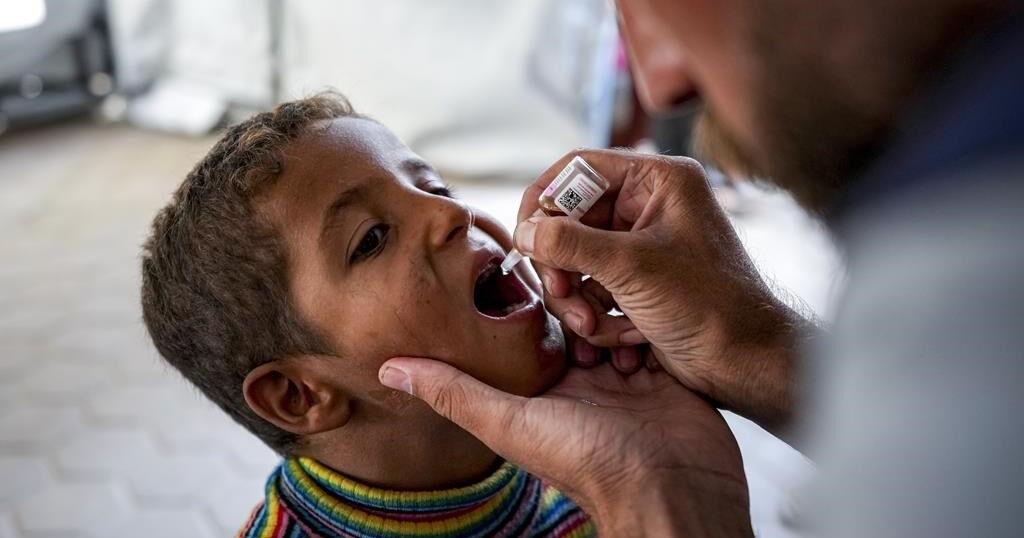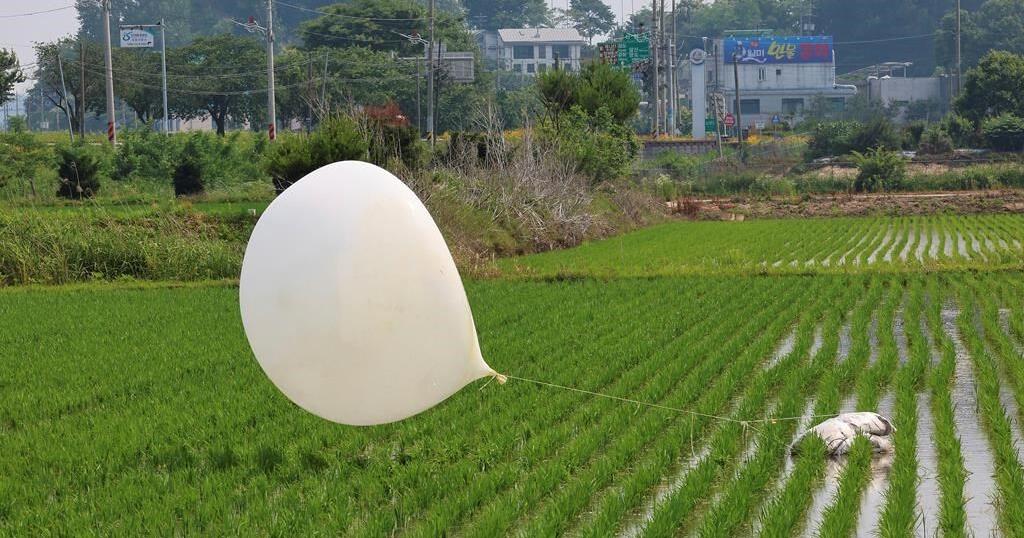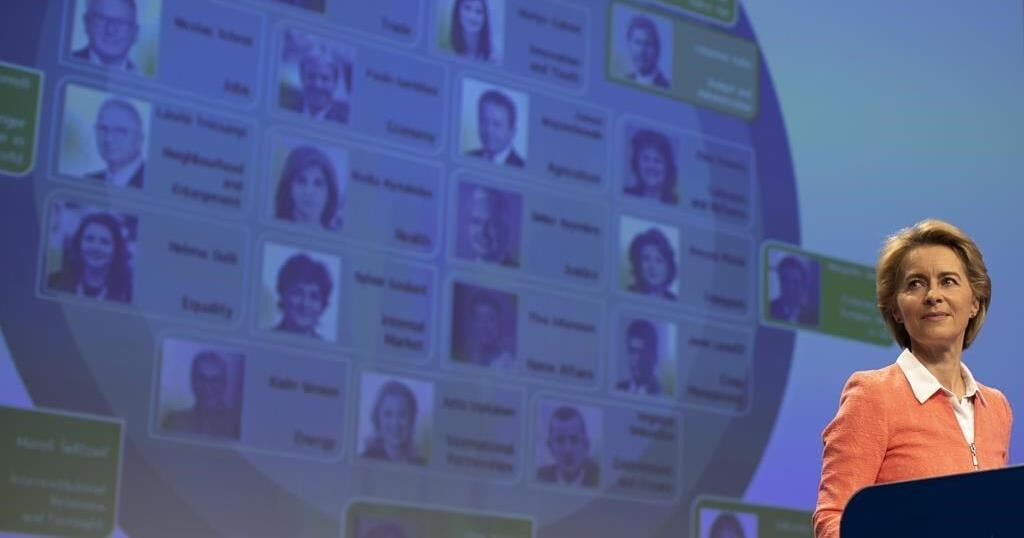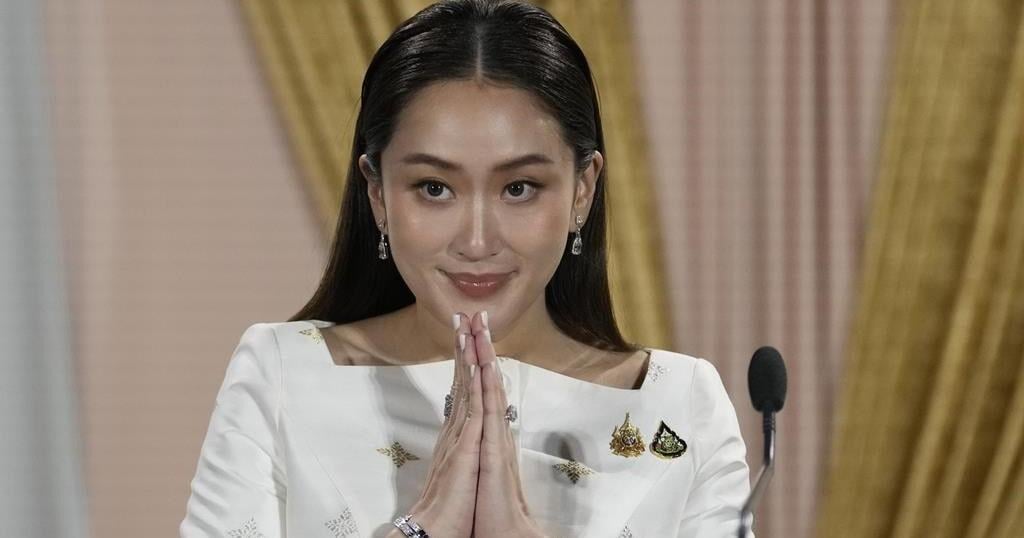BANGKOK (AP) — Thailand on Wednesday welcomed a new Cabinet after King Maha Vajiralongkorn approved the appointment of 35 members to serve under Prime Minister Paetongtarn Shinawatra.
Paetongtarn took office on Aug. 16, after her predecessor, Srettha Thavisin was forced out of office by a court ruling that he had violated an ethics law by appointing a Cabinet member who had served time in prison in connection with a bribery case. She is the daughter of former Prime Minister Thaksin Shinawatra, who was ousted by a military coup in 2006 but remains politically influential.
Paetongtarn is leader of the Pheu Thai Party, which took power after last year’s general election. It formed a government after members of the conservative Senate refused to endorse the prime minister nominated by the progressive Move Forward Party, which won the most seats in the poll.
The new Cabinet is substantially the same as Srettha’s, with five of the deputy prime ministers retaining their jobs. Also keeping their jobs are Interior Minister Anutin Charnvirakul, and Finance Minister Pichai Chunhavajira, who are both also deputy prime ministers, as well as Foreign Minister Maris Sangiampongsa.
The new Cabinet’s royal endorsement, published in the government gazette, followed weeks of speculation over its composition after the pro-military Palang Pracharath Party was removed from the ruling coalition that Srettha had formed. The party and its leader, retired General Prawit Wongsuwan, were widely believed to be behind the ethics case brought before the Constitutional Court that cost Srettha his job before he completed a full year in office.
Paetongtarn’s Pheu Thai party invited its long-time rival, the Democrat Party, to join the governing coalition, with party leader Chalermchai Sri-on appointed Minister of Natural Resources, a post previously held by Prawit’s brother.
Pheu Thai’s predecessor, the Thai Rak Thai Party, ended years of Democrat domination of electoral politics in 2001 when its billionaire founder and leader, Thaksin, became prime minister. After Thaksin was ousted in 2006, the Democrats linked up with other conservative forces in Thai society to try to thwart a comeback of his political machine. Thaksin’s ouster triggered years of struggle between his supporters and his opponents, in the streets, in the courts and at the ballot box.
Because Srettha lost his position over an ethics issue involving a Cabinet minister, Paetongtarn’s appointments were vetted to ensure they were free of legal problems.
Srettha’s Deputy Interior Minister Chada Thaised, once accused of ordering two murders in the early 2000s, was replaced by his daughter Sabida, while Agriculture and Cooperatives Minister Thammanat Prompao, who was jailed in Australia for heroin trafficking in 1994, also lost his seat.
“There’s a lot of openings in the constitution for all sorts of ethics probes, and the Constitutional Court has great power in interpreting the constitution,” commented Prinya Thaewanarumitkul, a law professor at Thailand’s Thammasat University. Terms used by the court, such as “evidently honest” and “ethical standards,” are entirely subjective, he told The Associated Press.
“It’s all systemic. When you have vengeful people and a court with power to rule over entirely subjective matters, the Pheu Thai party won’t have any problems with the opposition in Parliament. It would have problems with all the people they’ve upset, launching petitions that put them into the courts’ hands,” he said.























